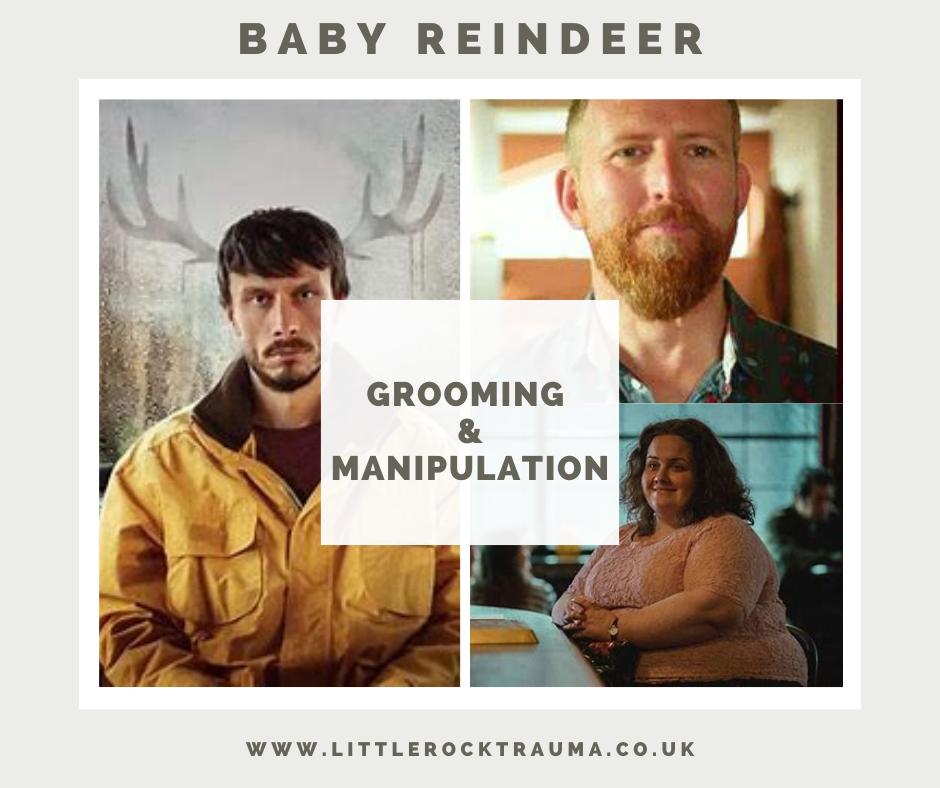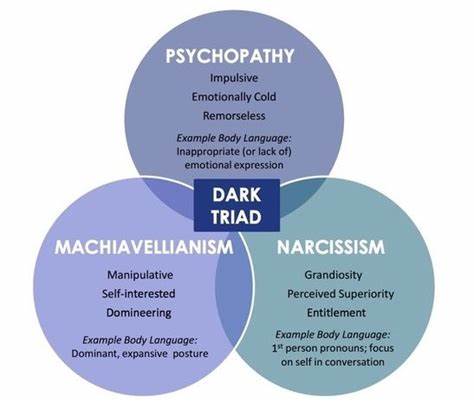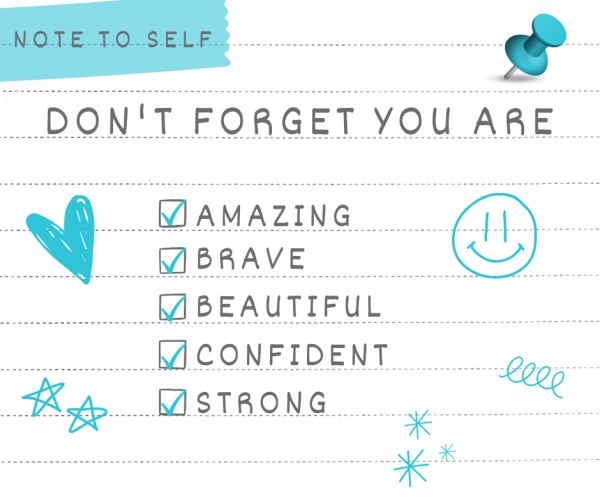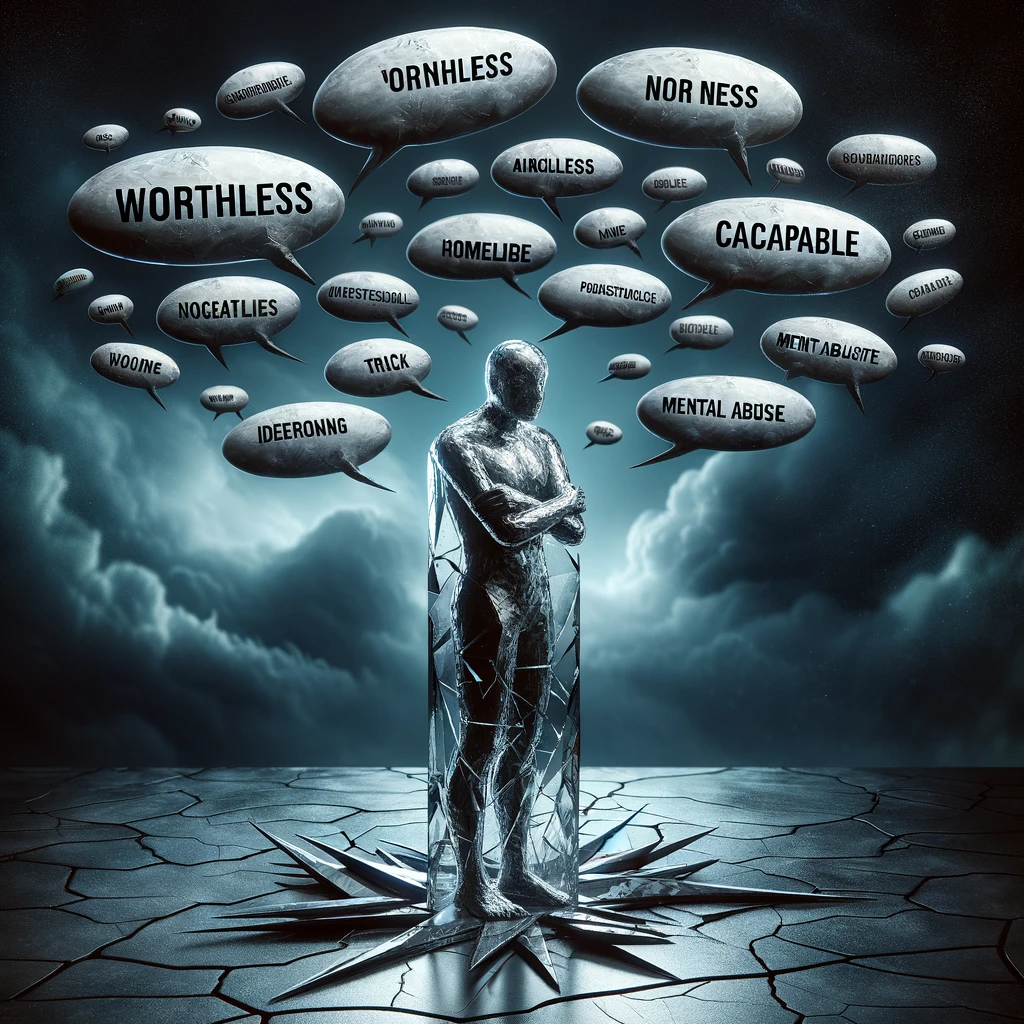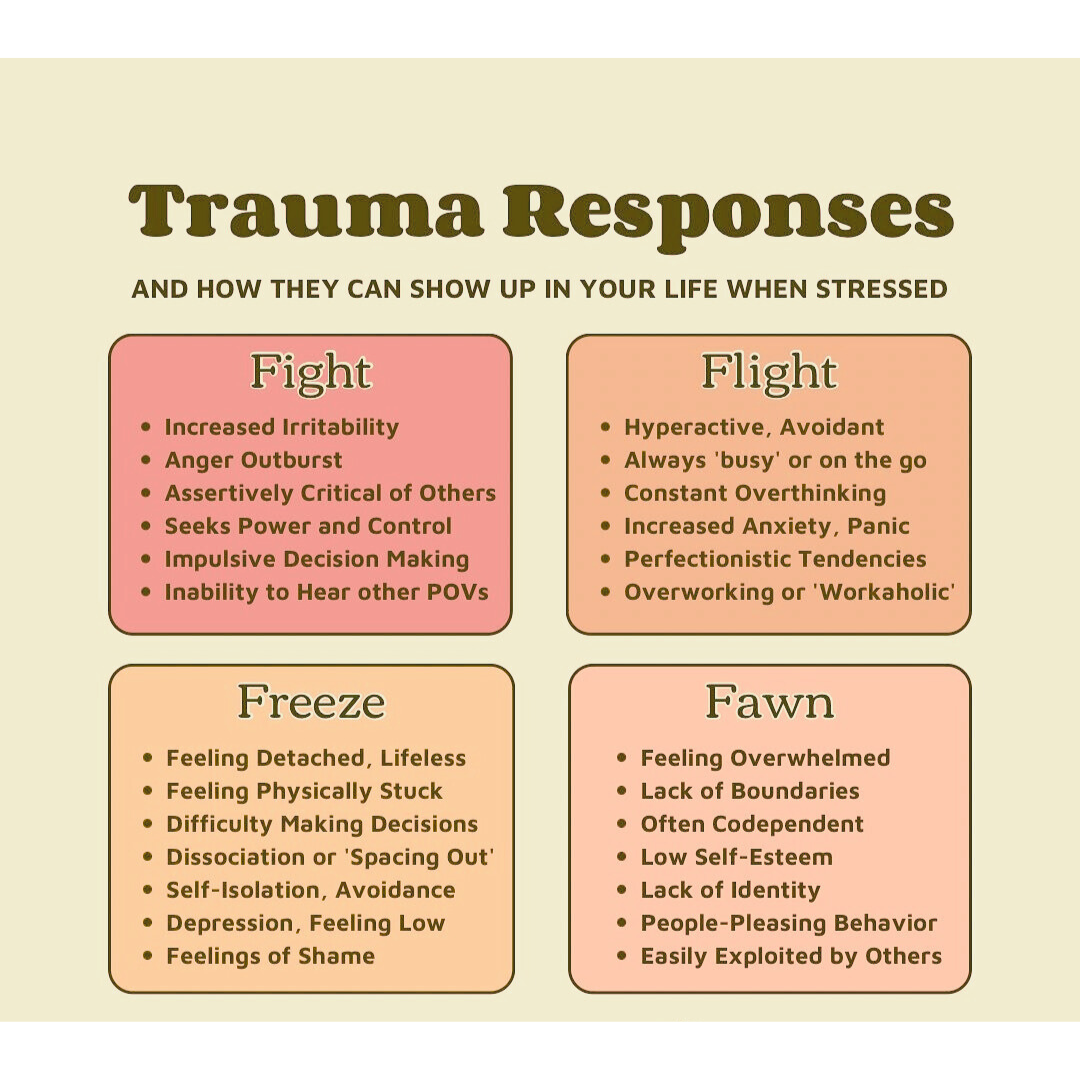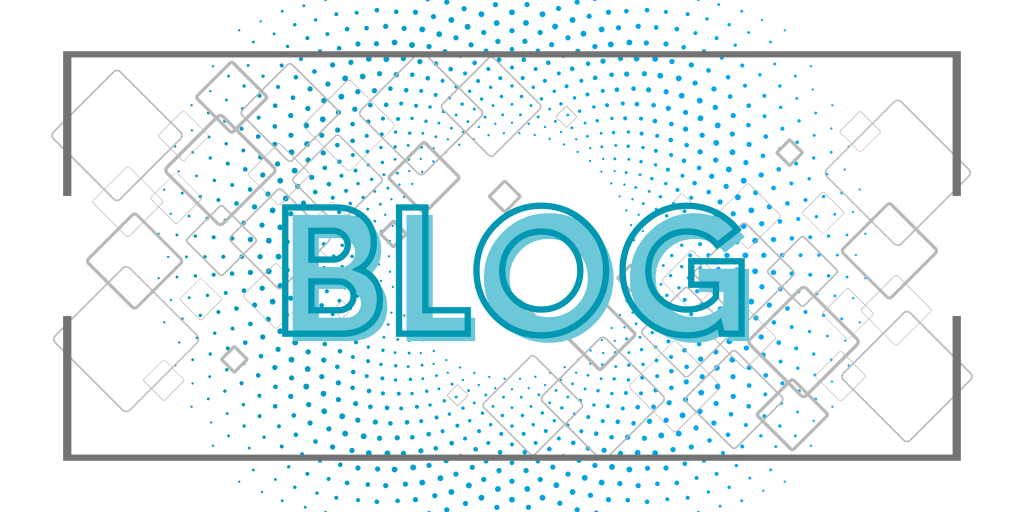
-

Baby Reindeer. Understanding Grooming and Manipulation
Groomers often pick vulnerable individuals. They may show loneliness, low self-esteem, or a big emotional need. In “Baby Reindeer,” Donny’s ambition and need for professional guidance made him an ideal target for Darrien. This vulnerability can be seen as an opportunity by the groomer to insert themselves as a seemingly indispensable part of the victim’s…
-

Exploring the Dark Triad
Introduction The Dark Triad is a term from psychology. It refers to three harmful traits: narcissism, Machiavellianism, and psychopathy. People displaying the behaviours of these traits often hide behind charm. They can damage personal relationships, especially in close settings. These traits are something that we should all be able to do as it helps identify…
-

The Narcissistic Web: Understanding Narcissists in Relationships
Explore effective strategies for communicating and maintaining healthy boundaries in relationships with individuals diagnosed with Narcissistic Personality Disorder. This guide provides practical tips on using clear language, establishing boundaries, and coping mechanisms for both personal and professional environments. Perfect for partners, colleagues, and caregivers seeking understanding and tools to manage interactions with narcissistic personalities.
-

Navigating Triggers and Flashbacks: Survivors of Trauma
Trauma can leave indelible marks on our psyche, shaping our reactions to the world around us in profound ways. For survivors, the journey towards healing is often punctuated by triggers and flashbacks—sudden, overwhelming recollections or emotional responses that transport them back to moments of fear, helplessness
-

POEM – Echoes and Light: Navigating the Shadows of Survival
In the silent aftermath, beneath the debris of the mind, Where shadows dance, and whispers of the past entwine, There lies a soul, untouched by time’s forgiving grace, Caught in the echo of a moment it cannot erase. Shock grips the heart like winter’s frost, As reality blurs, and clarity is lost. A world once…
-

Breaking the Silence: Understanding and Overcoming Mental Domestic Abuse
In the shadows of mental domestic abuse lies a silent epidemic that corrodes the essence of one’s self-worth. Victims find themselves ensnared in a web of manipulation and psychological control, often questioning their reality due to the insidious nature of gaslighting. This form of abuse, invisible yet profoundly damaging, leaves deep psychological scars, affecting the…
-

Understanding the Long-Term Effects of Childhood Trauma
Recognising the enduring impact of childhood trauma (CPTSD) is essential for providing effective support and intervention to those who have experienced it. Atraumatic childhood can profoundly affect an individual’s mental, emotional, and physical well-being. The consequences of which can manifest in various ways, including: Importantly, the effects of childhood trauma extend beyond the immediate aftermath…
-

Understanding the flight, fight, and freeze response to trauma
Trauma is a deeply upsetting experience. It can cause harm to a person’s emotions, body, and mind. It can be caused by many events. These include abuse, disasters, accidents, or stress. When faced with trauma, our mind and body react to survive. They have three possible responses – flight, fight,
-

The Power of Mindfulness: Enhancing Mental Health and Well-being
Stress and anxiety are common in today’s busy world. Mindfulness, an ancient Buddhist practice, can help. Mindfulness can improve mental well-being. It goes beyond just offering a break from stress. It helps us become more self-aware and resilient. We look at practical examples to show how mindfulness can be used in our everyday lives. This…
-

Harnessing the Power of Affirmations and their profound impact:
Affirmations are positive statements that can help you overcome negative thoughts and self-doubt. They can be used to improve your mental health, boost your self-esteem, and help you achieve your goals

